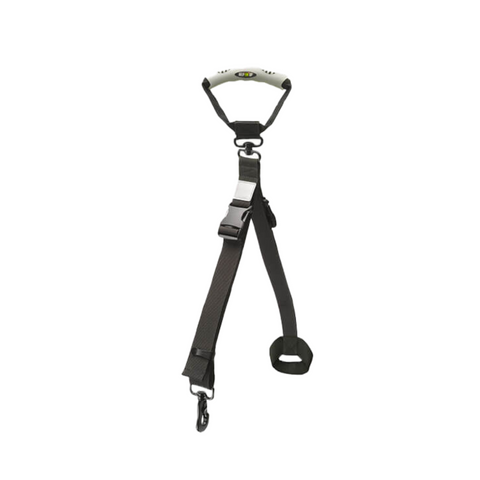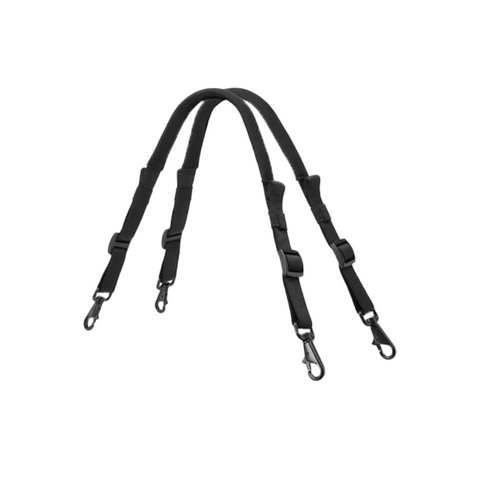As we age, there are physical changes in our bodies including a change in our vision. Although you may have been born with 20/20 vision, you may lose some vision as you age.
This same can hold true for dogs. Just like us, dogs can go blind in one or two eyes. Fortunately, most causes of vision loss in dogs develop slowly over several months to years, giving you time to develop a plan for your dog’s changing needs.
Reasons a Dog Can Go Blind
- Cataracts – the lens of the eye is clouded over. A hazy, white growth over the eye which can go side-by-side with other illnesses such as diabetes.
- Glaucoma – Buildup of fluid inside the eye causing pressure and the retina to be damaged.
- Untreated infections
- Chronic dry eye – instead of producing tears, mucus, pigment, and tissue buildup over the eye to protect the eye.
- High blood pressure or diabetes – can lead to retinal detachment.
- Progressive retinal atrophy – slow degeneration of the retina common in certain breeds.
- Pannus – an immune-mediated condition in which tissue and pigment grow across the eye. If left untreated, blindness occurs.
- Tumors – tumors behind the eye can block vision or damage the structure of the eye.
- Sudden Acquired Retinal Degeneration Syndrome (SARDs) – cause unknown but common in certain breeds.
Signs a Dog Is Going Blind
- Cloudy eyes
- White spots on the eyes
- Bumping into things such as furniture
- Trouble locating food or toys
- Avoiding stairs
- Hesitating or sitting down during walks
- Sudden aggression from feelings of vulnerability
- Anxiety in new environments
- Redness or swelling along the eyes
- Less interested in playing
- No eye contact with you
You may not notice your dog is losing his vision until he starts bumping into new things in the house, because many times a dog has the old environment committed to memory. The best way to know if your dog is losing his eyesight is to take him to the vet who may refer you to a veterinary ophthalmologist.
One quick test is called the cotton ball test. Get your dog’s attention, pick up a cotton ball, and toss it in a certain direction. See your dog’s reaction. If your dog remains still, it may mean that his vision is impaired, in which case you should pay your vet a visit.
What to Do If Your Dog Is Going Blind
It is a myth that blind dogs are not happy. Remember that dogs do not rely on their eyesight as much as their sense of smell and hearing. You will want to make your home as safe and comfortable as possible. Here are some tips to consider as your senior dog becomes eyesight impaired.
- Keep the layout of your house the same. If you need to move things around for any reason, be sure to walk your dog on-leash through the new configuration several times to help him become familiar with the path he needs to take.
- Tell the kids not to drop the backpacks in the middle of the floor after school.
- Keep the water, food bowls and doggie bed in the same place.
- Put carpet runners over slick floors.
- Place a uniquely textured mat at the top and bottom of the stairs to let your dog know when he is reached the last step.
- Talk to him before you approach or pet him, so you do not surprise him.
- Tie a small bell to your shoe so he knows where you are and can follow you while walking and maneuvering the house.
- Consider a Blind Dog Halo for your dog to wear to protect his/her eyes, nose and head from bumping into furniture and to transition into new and existing surroundings.
- Keep a radio or TV playing in the house while you are gone to muffle loud outdoor noises.
Please be patient with your visually impaired senior dog. Imagine if your eyesight was waning! He may seem confused or stubborn. You have all heard the phrase “grumpy old men”? The same can apply to senior dogs!



